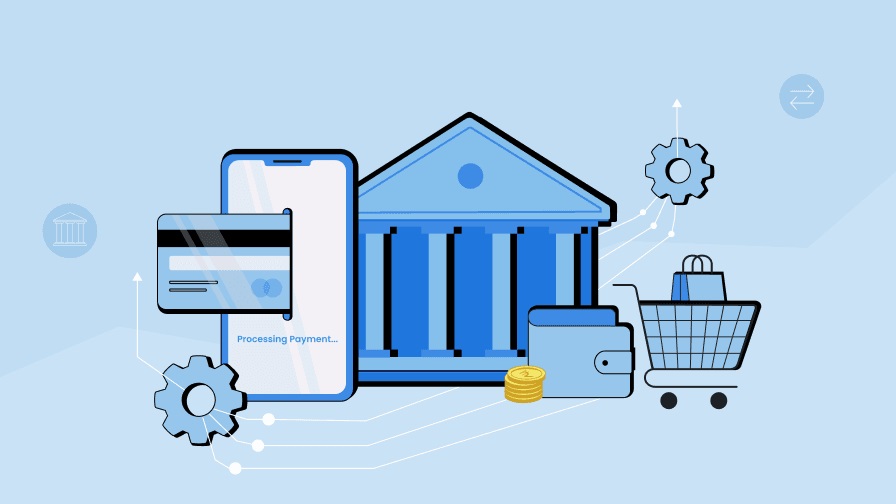Cashing small payments – Guide for newcomers.

Entering the world of small payments can be exciting, whether starting a new business, freelancing, or exploring alternative income streams. However, navigating the process of cashing these small payments can take time and effort, especially for newcomers. This guide provides a comprehensive overview and valuable insights to help you navigate the process smoothly and avoid pitfalls.
Understanding small payments
Small payments refer to relatively low-value financial transactions, often associated with freelance work, online sales, or micro-businesses. These payments can come in various forms, such as checks, electronic transfers, mobile payments, or peer-to-peer transactions. While the individual amounts may seem insignificant, they can quickly accumulate, making efficient cashing crucial for maintaining a healthy cash flow.
Choosing the right cashing method
One of the first decisions you’ll need to make is selecting the most suitable method for cashing your small payments. The options available include:
- Traditional Banks: While convenient for those with existing accounts, banks may have longer processing times and potential fees for non-customers.
- Check Cashing Services: These services offer quick cash access but often charge fees based on the payment amount.
- Online Payment Platforms: Services like PayPal, Venmo, and Cash App provide convenient digital payment processing and cash options.
- Mobile Payment Apps: Apps designed for cashing checks or transferring funds directly from your smartphone or tablet.
When evaluating these options, consider fees, processing times, convenience, and security measures to find the best fit for your needs.
Protecting your finances
Cashing small payments can expose you to fraud, identity theft, or financial losses. To protect yourself, it’s essential to follow these best practices.:
- Verify Payment Sources: Always confirm the legitimacy of any payment before attempting to cash it, especially if it’s from an unfamiliar source.
- Use Reputable Services: Stick to well-established, reputable payment cashing services with robust security measures and consumer protection policies.
- Understand fees: Review and comprehend all fees associated with each cashing method to avoid unexpected costs.
- Keep Accurate Records: Maintain detailed records of all payments received, fees paid, and other relevant information for tax purposes and financial management.
- Stay Updated on Regulations: Familiarize yourself with local, state, and federal regulations governing small payment cashing to ensure compliance.
Building a caching strategy
As you gain experience in 소액결제 현금화, developing a comprehensive strategy that aligns with your specific needs and goals is essential. This strategy should consider factors such as your preferred cashing methods, frequency of payments, cash flow requirements, and long-term financial objectives.
Additionally, it’s advisable to have multiple cashing options available to ensure flexibility and continuous access to your funds. Regularly review and update your strategy to adapt to changing circumstances, emerging technologies, or evolving regulations. By following this guide and implementing best practices, newcomers can confidently and efficiently navigate the process of cashing small payments. Remember, effective cash flow management is crucial for the success of any endeavour, and mastering the art of cashing small payments is a valuable skill that can pay dividends in the long run.






